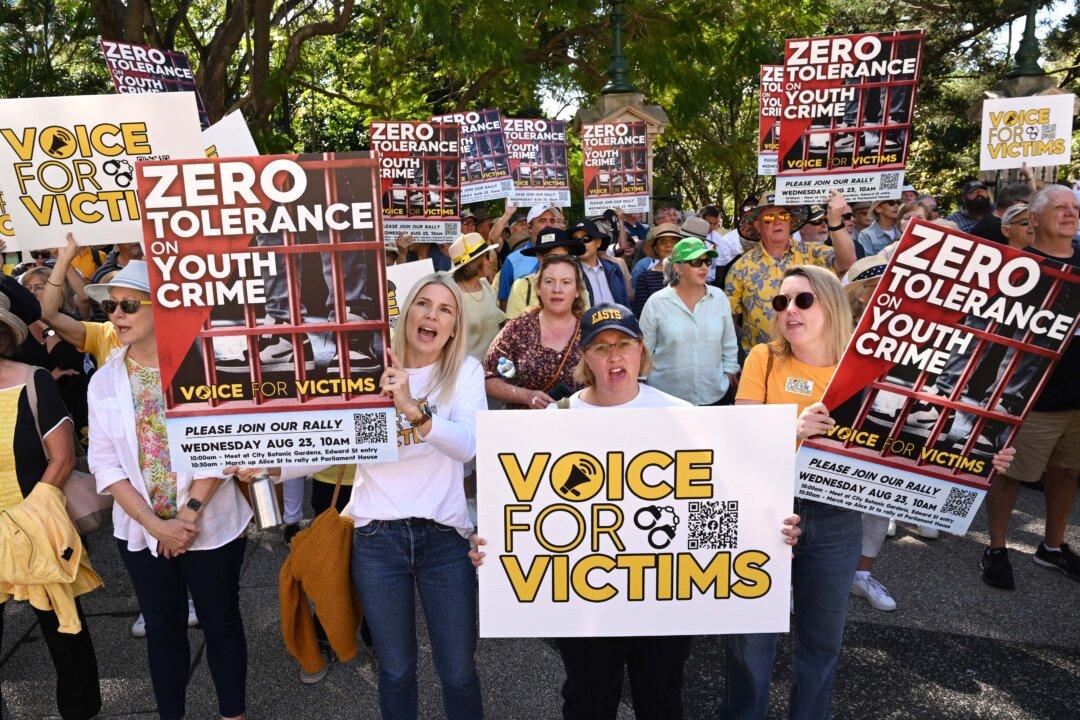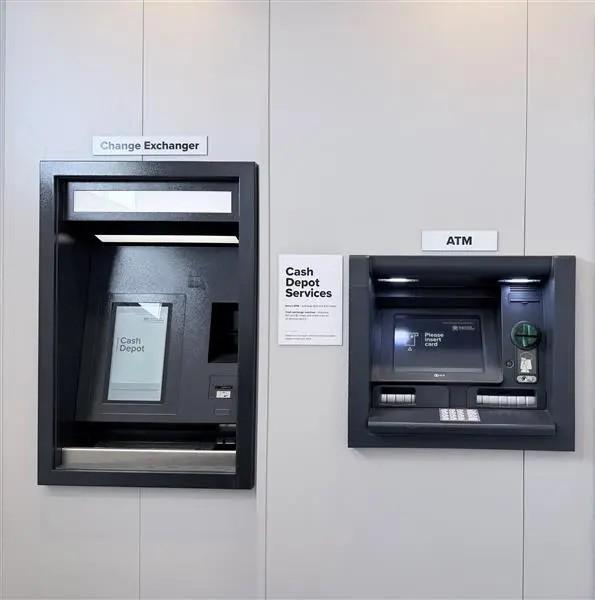Digital platforms such as Google and Facebook’s parent company Meta have been warned by the Australian government to negotiate more agreements setting fair prices for using news content.
Following the introduction of the News Media and Digital Platforms Mandatory Bargaining Code, more than 30 commercial agreements were struck in its first year. But a review by Treasury has found none of the agreements were likely to have been made without the code, and made five recommendations to improve the framework.





